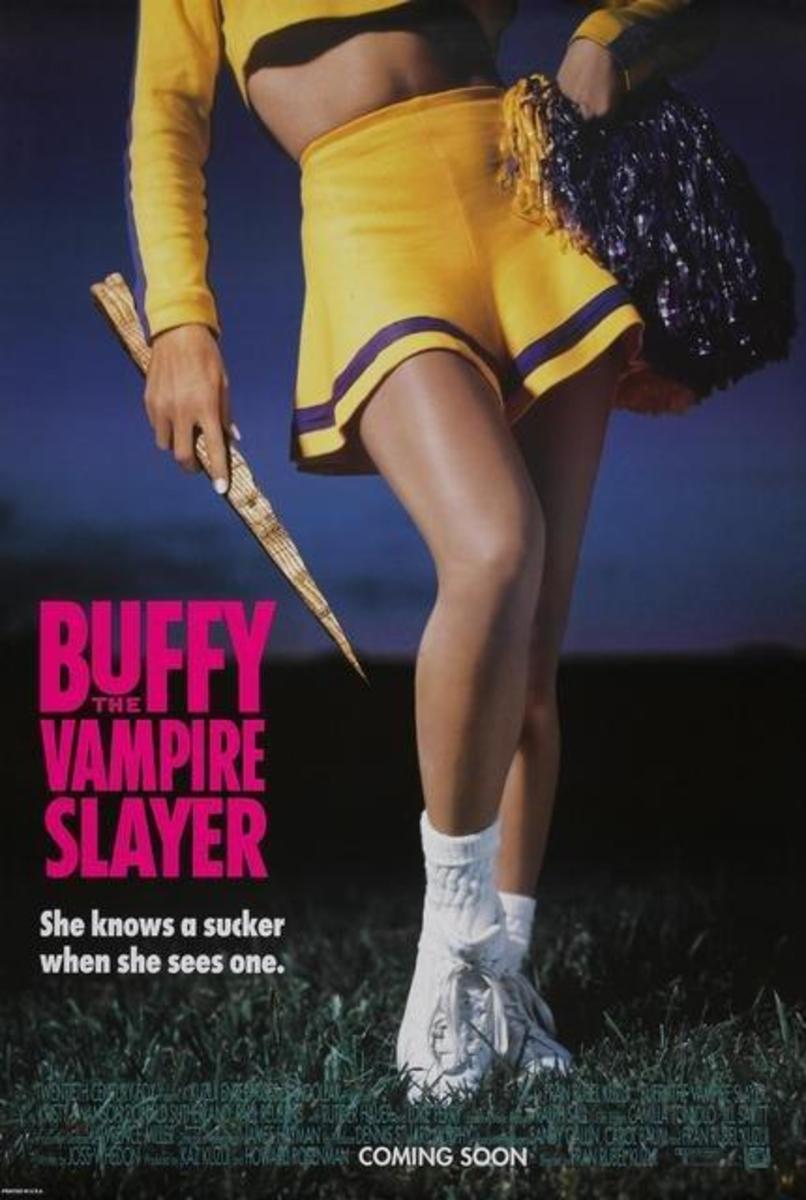True Hollywood Stories: 12 Performers Who Created Legacies by Design or by Accident
What is a legacy? What does it mean to have one? Can it be something planned or is it just something someone falls into by chance?
It's hard to say what makes a legacy withstand the test of time and various scandals and innuendos, especially in Hollywood. Where gossip and the tabloid press have the run of the land so to speak. If a celebrity even stepped out of their prescribed box, the press would be there waiting with a barrage of flashbulbs ready to record each misstep. In the glory days of old Hollywood, the press knew what to publish and what to hold back. Nowadays, no story or secret was off-limits to the prying eyes of the gossip hungry world. Is it still possible to maintain a legacy when fame often came and went just as quickly?
Here is a list of 12 performers who created enduring legacies of their own. Sometimes through their work; and other times through their work and tragic circumstances. It's hard to sometimes separate the two every now and then. Read on to see if your favorite film, or performer made the cut.
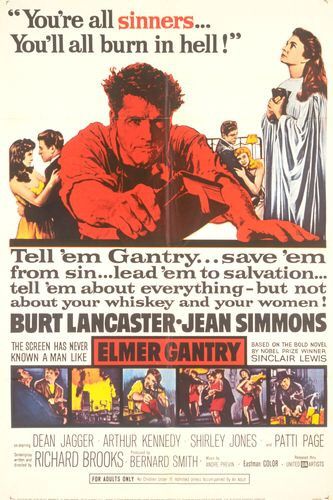
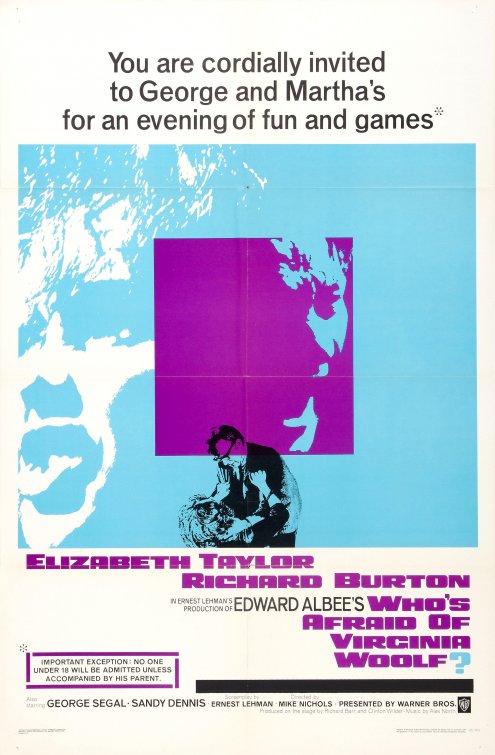
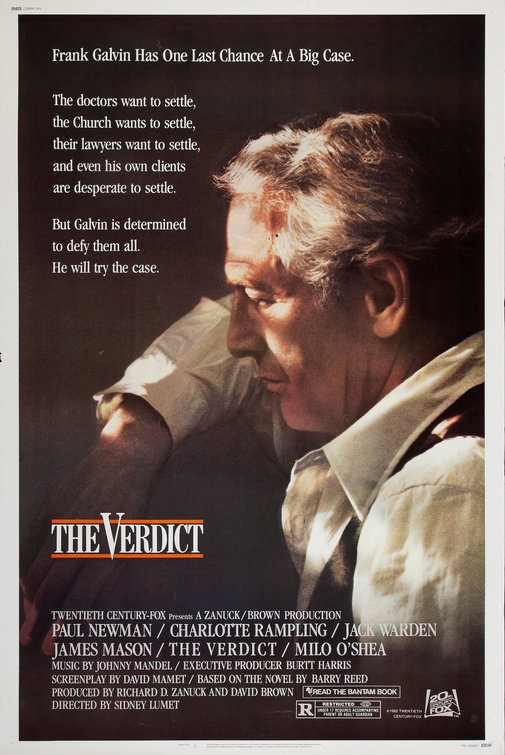
Leading Men in Unforgettable Departures
- Burt Lancaster in Elmer Gantry (1960)- At the start of Lancaster's career, he geared his film roles to ones that helped establish his leading man appeal. He was a box office draw in films that allowed him to showcase his physical prowess, but little else in terms of his acting muscles. Lancaster came to the realization in the 1950s that he also wanted to be taken seriously as an actor. His desire to be taken seriously led him to playing the lead character in this movie about a religious con man who crossed paths with a female evangelist. He was believable as the ultimate snake oil salesman who start to bought into his own hype. It was also an interesting movie to see Shirley Jones in a supporting role as a less than honorable lady who threatened Lancaster's phony image. His main screen was towards the end when he watched his dreams literally go up in smoke. His face said everything that he couldn't vocalize. Lancaster deserved his Oscar for this movie and showcased his legacy as more than just a matinee idol.
- Richard Burton in Who's Afraid of Virginia Woolf? (1966)- Burton was always a gifted actor, but he became known for his marriages to Elizabeth Taylor and their countless films together. He also became known for his sometimes questionable choice in film roles during their marriage; and after he divorced Liz. It was this role as the put upon professor in a toxic marriage with a domineering wife that was one of his better roles. Burton allowed his anger and malice to sprinkle over his face as Taylor's Martha poked and prodded her husband; until he finally snapped. When the bough finally broke, audiences were given a cinematic treat to watch Burton's George explode in all his glory. It's a shame he wasn't awarded for his efforts, because without his performance Elizabeth Taylor wouldn't have had a perfect sparring partner.
- Paul Newman in The Verdict (1982)- For decades, Newman was the quintessential matinee idol with the sparkling eyes and a laugh to match. He seemed to be on an endless quest for an Oscar with numerous nominations and no wins. Critics thought that his portrayal as the down and out attorney Frank Galvin was his true chance at Oscar glory. He portrayed a man who literally went through the ringer to make sure that the right thing was done. Newman used his expressive blue eyes to showcase Galvin's disappointment and heartache when he thought that he couldn't just deliver the goods for his clients. It's a shame that this movie came out the same year Gandhi did and Sir Ben Kingsley managed to beat him out for the top prize. At least the Academy awarded Newman an Oscar, just wished it was for this movie instead.
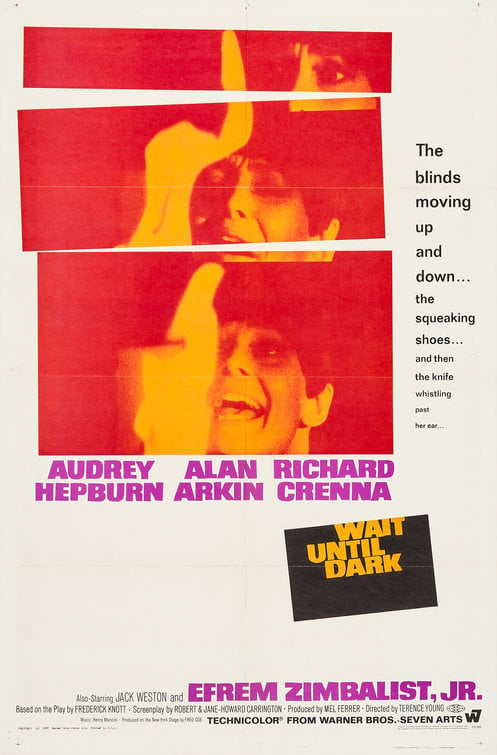
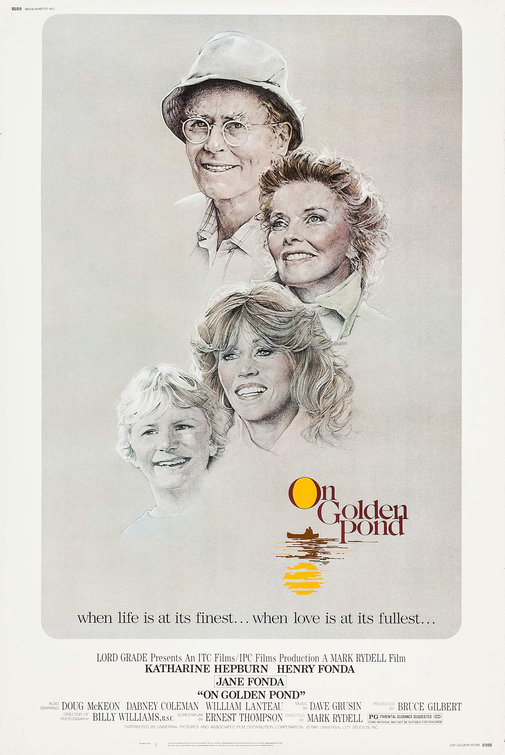
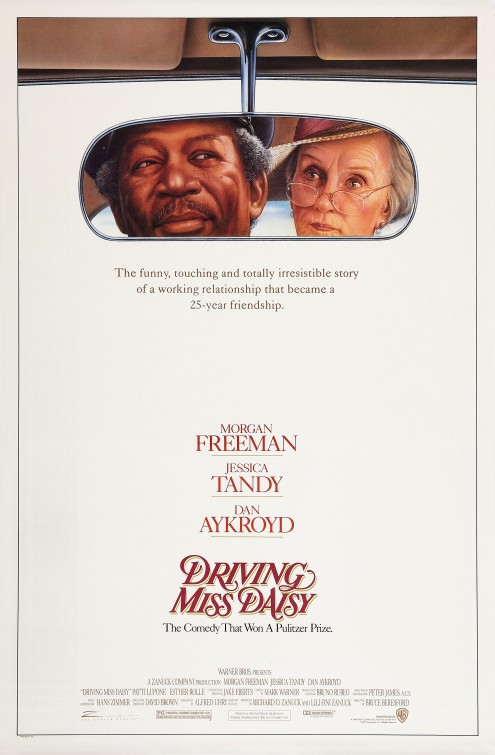
Leading Ladies Who Carved their Own Path
- Audrey Hepburn in Wait Until Dark (1967)- For the bulk of her career, this Hepburn was always described for her poise and her vulnerability onscreen. In this movie, she had her usual glamorous presentation, but she also showcased a special type of sweetness as a blind woman who was a survivor against the odds as criminals threatened to destroy her. She portrayed the type of unconventional heroine that viewers should applaud. It was also her last film until 1976's Robin and Marian, so viewers had to wait until Hepburn returned to the big screen.
- Katharine Hepburn in On Golden Pond (1981)- For decades, Hepburn portrayed a rebellious woman who always managed to defy societal conventions. She played a ruler spurned by her estranged husband in The Lion in Winter. That was why she was considered an awards darling with her daring and soul baring performances. Of course, the days where she could be the younger rebel were gone. With this drama, Hepburn demonstrated she had one more trick up her sleeve as a tough as nails matriarch who loved her gruff husband (Henry Fonda). They fought and loved like an old married couple was expected to do so. She showcased her strongest scene when Hepburn's character was faced with the possibility of her husband's mortality as well as her own. It was a heartbreaking scene that made viewers identify with her pain and secretly hoped that things would turn out okay in the end. After all, this was Hollywood.
- Jessica Tandy in Driving Miss Daisy (1989)- Tandy portrayed a rich widow who wanted to be independent and also showcased she had the capacity to break stereotypes by befriending her African American driver (Morgan Freeman). Tandy had the bulk of her success in the latter years of her life and demonstrated that even women of a certain age can still become movie stars.
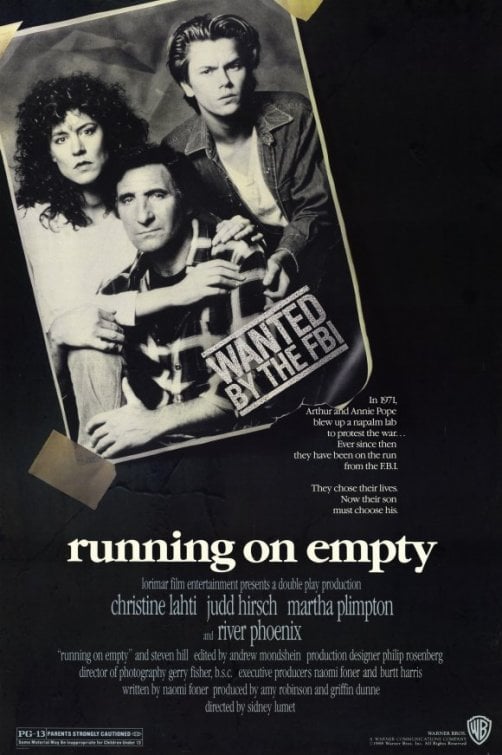
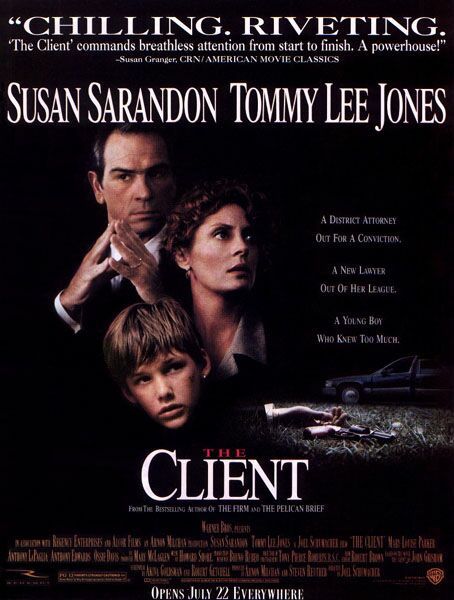
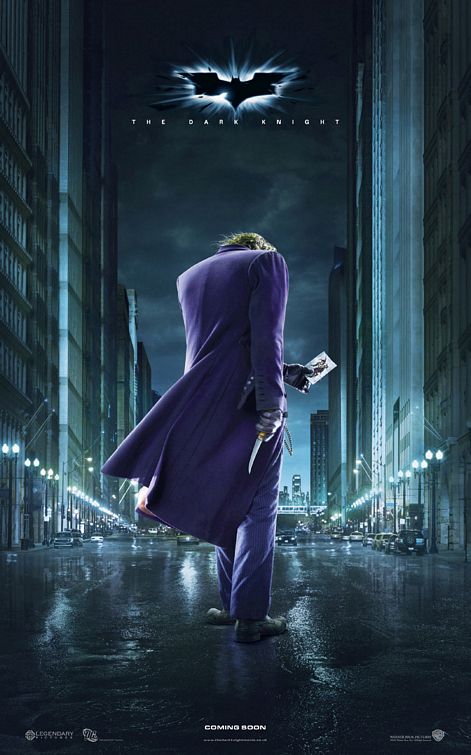
Great Talent Gone Too Soon
- River Phoenix in Running on Empty (1988)- When it comes to early talent, Phoenix had the ability to have a long career ahead of him if fate didn't intervene. He died from a drug overdose in 1993, which cut his skyrocketing career short before it truly took off. Phoenix was nominated for his role as a teenager with FBI fugitive parents as he looked to have a sense of stability with his life. His last film, 1993's The Thing Called Love, had him playing a rebellious rising country singer that allowed Phoenix to also sing on camera as well. It was Phoenix's off-camera need to defy convention that made him a talent to watch, but it also was his off-screen drug habit that cut him in his prime and made him a legend for sometimes an entirely different reason.
- Brad Renfro in The Client (1994)- A young Renfro's early turn as Mark Sway, a young man who knew too much, was heartbreaking and memorable in how he was able to express so much. It's just a shame that he couldn't sustain the momentum from this movie. He also fell down the Hollywood rabbit hole of drug addiction and getting in trouble that overshadowed his once promising career. It's sad that he succumbed to his addiction just when he was starting to slowly manage a comeback around the time of 2008's The Informers.
- Heath Ledger in The Dark Knight (2008)- Ledger's portrayal as the unhinged Joker in this film made it the signature version of the famed villain. It's the version that all others will be compared to for now on. Ledger's intensity in playing the anonymous villain led him down a destructive path that may have precipitated his accidental death off-screen. He won a posthumous Oscar for his role, which was a crowning achievement and sad that he wasn't there to experience it firsthand.
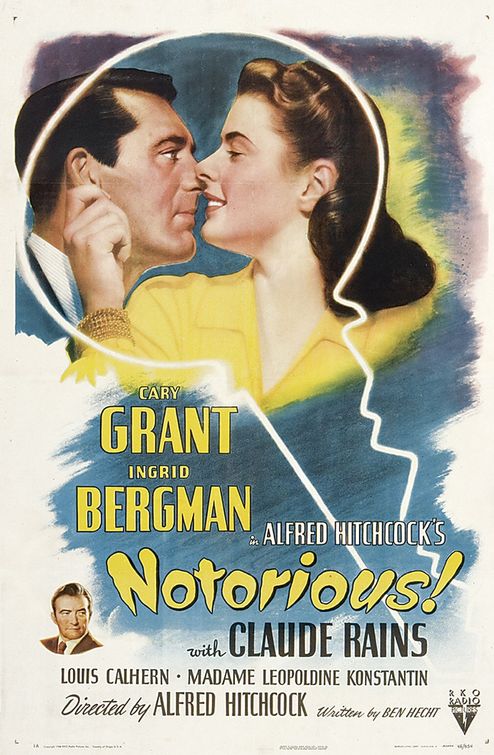
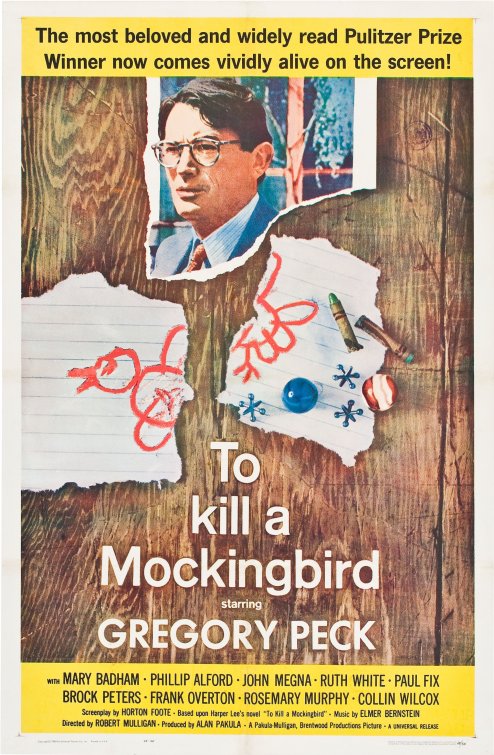
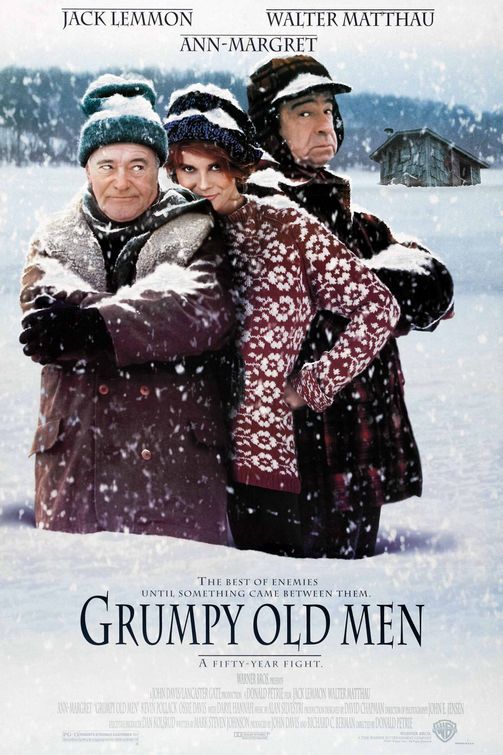
Established Signature Roles
- Cary Grant in Notorious (1946)- Grant showcased his signature charm as a suave spy named Devlin who worked hard to charm and seduce Ingrid Bergman's Alicia into the lair of a Nazi. He turned up his playboy persona up to the hilt, but he managed to break the ice cold spy personality to save her from certain danger. He suppressed his feelings for the greater good, until he realized that Alicia's life was truly at stake. When he literally entered enemy territory, it was to rescue the woman he truly loved. It was romantic and powerful to watch him march up the stairs to her rescue. Grant played Devlin as the ultimate romantic spy hero indeed.
- Gregory Peck in To Kill a Mockingbird (1962)- Peck's portrayal of moralistic lawyer Atticus Finch was considered the gold standard for this character. No one has come close to nailing it as he did before or since. He always managed to embody his characters with a sense of what was right, even when they were potentially doing something wrong. Peck made viewers almost prefer the movie to the original book by a mile.
- Jack Lemmon and Walter Matthau in Grumpy Old Men (1993)- Okay, there's two actors listed here, but their careers often went together due to the countless films they appeared in over multiple decades. It was as the ever feuding John and Max that viewers got to see this long established onscreen partnership in its true glory. They showcased that comedic gold can happen at any age.
In the end, a performer is usually as good as their next role. Celebrities have to be careful not to give into the trappings of fame. Falling into the trap of the wild party girl after gaining notoriety at a young age (Lindsay Lohan, etc.) or the supposed good girl marrying the bad boy (Whitney Houston). If a celebrity managed to keep their head on straight and picked quality movie roles, there was no worry that they would have a lasting legacy in the industry. Of course, that was during a time period when substance usually overruled style. In the age of the movie franchises and remakes, it's harder to create a memorable career out of limited options. Only time will tell if Hollywood will right the ship or push it further into cinematic oblivion.

